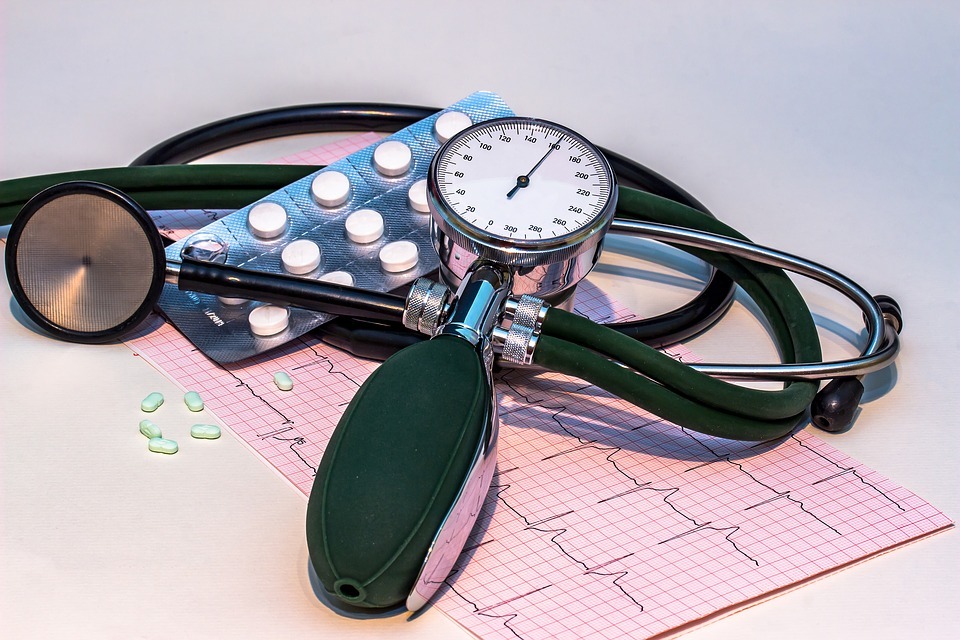Causing an accident and unintentional harm to somebody is in the nature of humans. However, we are given duties to minimise the possibilities. Accidents in hospitals are more likely to end up with adverse effects as those in hospitals are already there for a medical condition. The human body is fragile and sometimes, vulnerable to injuries. Surgeries and medical operations are sensitive matters that only competent professionals can hand. Although we are grateful to health workers, accidents can still arise, and the victim’s loss can reach devastating sizes.
The human error
The number of medical errors caused by the human factor is undeniable. A medical professional’s duty is to provide a safe and healthy treatment process to the patient. Sometimes, harm cannot be preventable even after surgeries that take hours to complete. This is because of the inherent risk. However, in a similar situation, the medical professional can still be liable for the victim’s post-accident medical condition if he/she failed to warn of the risk. Risk warning is among the duties of medical attendants as the patient has the option to refuse the treatment if the chances of complications are too high to take.
Medical complications can arise out of many possibilities. Ignoring or skipping the obligatory procedure, applying wrong treatment to the patient, prescription errors due to lack of medical evaluation, administration mistakes and health equipment are the most known examples of medical negligence. Almost every medical treatment is applied after diagnosing the patient’s condition and needs. False diagnosis is another notorious example of medical errors as the way the treatment goes entirely depends on the diagnosis. After the diagnosis, the medical attendant can prescribe medications. These are the pills that millions of people use regularly. For a common flue or a headache, the numbers of drugs being prescribed each year are above billions. Considering the amount, even a half per cent rate in prescription errors can result in major medical conditions more frequently than one can think of.
New public service announcements are being launched each year to create awareness for prescription medications
After years of education and big devotion to the profession, a doctor can finally be eligible to prescribe medications. Hundreds of books, lectures and practices are required to reach such a level. This means, a civilian obviously cannot be more knowledgeable than a doctor without such commitment. These medications should be consumed under the supervision of a medical professional. This is crucially important as high dosages, misuse and unsupervised usages can result in major medical complications. The important point is, if you’ve been using a medication without the supervision of a medical professional, you will be responsible for your loss as the medical attendant hasn’t breached his/her duties.
Medical negligence compensation for post-treatment complications
Human error in medical complications is an undeniable fact. On the other hand, no doctor will intentionally harm his/her patients. However, accidents can still arise and if someone is harmed, the loss should be recovered. This is what laws state as the loss after medical treatment is likely to be painful and frustrating. Under the personal injury laws, the victim may be eligible for compensation if the necessary criteria are met. There are many factors that will determine if the victim has a valid reason to make a claim or not. Such as peer opinions. Failing below the acceptable treatment standards is a breach of duty. The decision-maker will value the peer professional’s statements as the treatment process should have been applied just as it is being applied universally.

